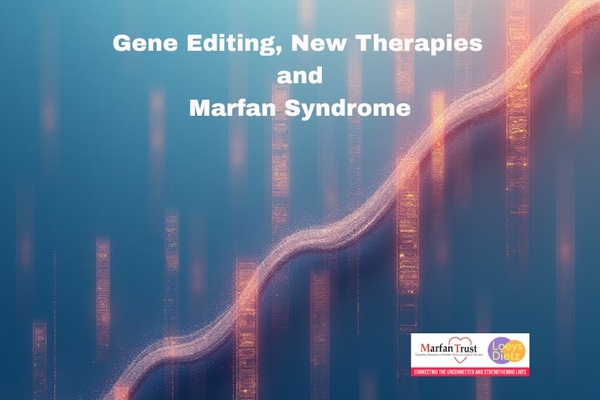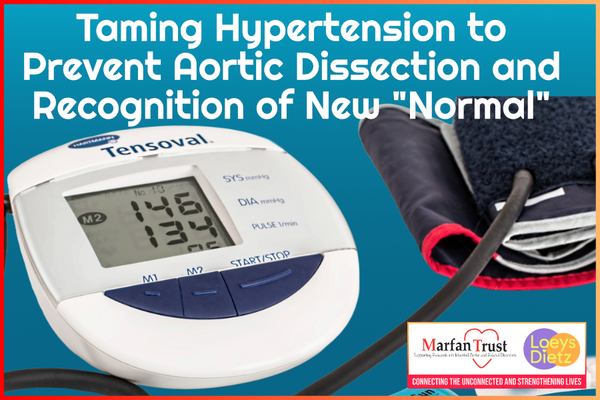In this super short summary, I will discuss some of the gastrointestinal symptoms that the Marfan population may experience. Gastrointestinal complications in the Marfan population have been poorly researched and evidenced since they are not a ‘characteristic’ trait of Marfan. Highlighted below is a small collection of scientific studies and anonymised patient interviews that I conducted.
Some of the Marfan population may experience symptoms that belong to a functional gastrointestinal disorder (these are symptoms that continue in the absence of any pathology or structural abnormality). The prevalence of these symptoms often include: diarrhoea, constipation, abdominal pain, bloating etc. Opinions in scientific literature vary when comparing these to the general population. However, after my interviews, all of the following symptoms were often described- including, ‘abdominal pains, pain in the bowels, constipation, nausea and vomiting’.
Some methods that worked (not an exhaustive list):
- Everyone had found that changing/improving their current diet, changing out unhealthy options for healthier alternatives usually improved their symptoms.
- Moreover, by tackling and changing specific food items, this could be an effective way to track- which certain foods may exacerbate/reduce the symptoms that they were experiencing.
- Often, by increasing the amount of fibre in the diet, this led to a reduction in gastrointestinal symptoms.
In addition, there have been several case reports in scientific literature highlighting the structural complications that can arise (and thus explain some of the gastrointestinal symptoms). Anecdotally, from my small sample size of interviewed patients, this seems to correspond with the lower numbers present also in the general population. Structural problems according to a handful of case reports in scientific literature may include: midgut volvulus (twisted bowel), small bowel diverticulosis (infected outpouchings), upper gastrointestinal bleeding and various types of hernia.
In conclusion, serious gastrointestinal manifestations are rare; however, this does not mean that the patients who suffer from Marfan syndrome may experience gastrointestinal symptoms which affect them on a day-to-day basis. Due to these symptoms not being a ‘classic’ trait in Marfan, awareness of the prevalence is also severely reduced. This is evidenced in the fact that ALL of my patient interviews stated that they were in fact NOT told about the potential gastrointestinal complications that could be linked to Marfan syndrome.
The symptoms may present in a variety of ways in patients, and it is important for any patient experiencing any gastrointestinal symptoms to speak with a doctor as not only may there be a functional/motility disorder underlying the symptoms,but there could also be a structural complication, and to highlight the possible link with Marfan.
I would like to thank the Marfan Trust, my supervisor- Dr Child for her vast knowledge and guidance throughout the project. Victoria Hilton, in particular for helping to arrange the patient interviews and the GI webinar. Lastly, I would also like to thank the patients in the Marfan Trust who agreed to be interviewed, and hopefully their anonymised experiences will help increase the awareness of potential gastrointestinal complications in the Marfan population.









